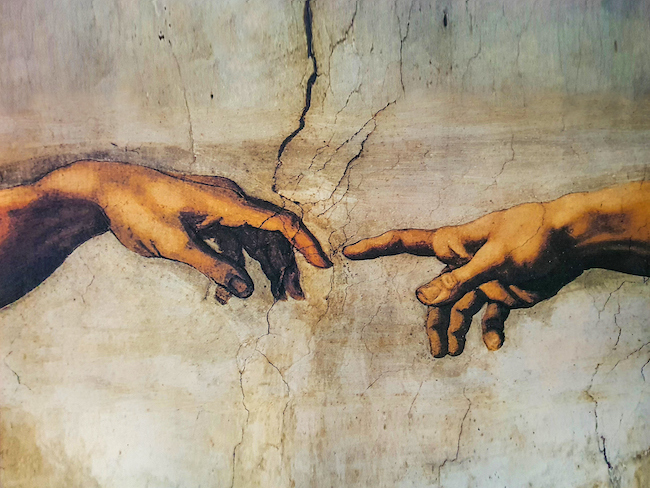Featured in

- Published 20230502
- ISBN: 978-1-922212-83-2
- Extent: 264pp
- Paperback (234 x 153mm), eBook


Already a subscriber? Sign in here
If you are an educator or student wishing to access content for study purposes please contact us at griffithreview@griffith.edu.au
Share article
About the author

Toby Walsh
Toby Walsh is chief scientist of UNSW.ai, UNSW’s new AI Institute. His most recent book is Machines Behaving Badly: The Morality of AI, published...
More from this edition

New Scientist
PoetryA body we can read and understand. If only I could put you under a microscope and transform you into a symbol to unite our disciplines: the communication phage.

Let there be light
IntroductionWhether they’re personal, cultural or religious, these are the stories that offer us ways of orienting ourselves amid the sheer chaos and confusion of being alive – particularly today, as humanity’s existential and environmental crises continue to mount.

Autumn
PoetryTsunami-hit, shoved over at a tilt, they’ve left the bashed old kovil’s god-thronged tower standing, tallish, beyond the new one built to face, this time, becalm, the ocean’s power…